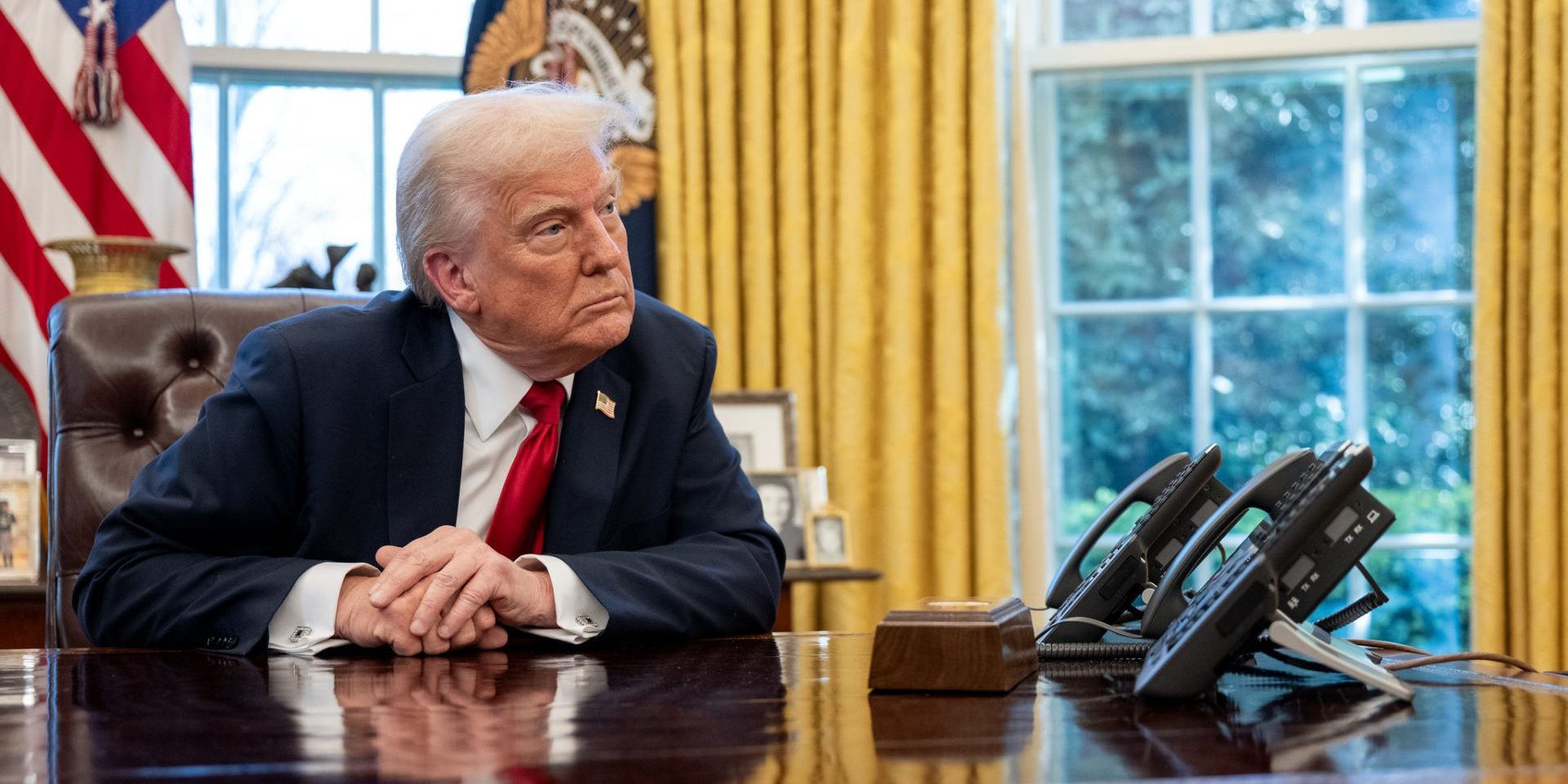The next forever war

LONDON, U.K.—He didn’t take two weeks to make up his mind whether or not to bomb Iran; only two days. United States President Donald Trump is not a patient man. But he has just started another American “forever war” in the Middle East, so he will have plenty of time to work on his self-control.
Let’s start with the immediate issue. Assume for a moment that Iran was really working to build nuclear weapons, allegedly to destroy Israel. Did the U.S. bombing of the Fordow, Natanz, and Esfahan nuclear enrichment sites really blast down through 90 metres of rock and permanently eliminate any skulduggery the Iranians were up to there?
Wrong question. If there really were a large stock of highly enriched uranium stored under all that rock, the Iranians have had a week to divide it up into dozens or hundreds of packets and hide it at safe sites all over the country. What would you do if you knew somebody was coming to bomb you in a few days?
Then there’s this business about how highly enriched Iran’s uranium is. Ninety per cent is “weapons-grade,” and Iran had already enriched a lot of uranium to 60 per cent, so the American B-2s have to start bombing right now. No time to lose. No time even to think.
Nonsense. The “gun-type” atomic bomb just fires one chunk of enriched uranium at another chunk, and so long as the two chunks add up to a “critical mass” the bomb explodes. That critical mass can be quite small if the uranium is highly enriched, but it will still work at 60 per cent although the package will be heavier and bulkier. There was no deadline.
That type of nuclear weapon is so simple and fool-proof that there is no real need to test it, but how was Iran going to deliver it? A ballistic missile, presumably, because drones and cruise missiles can’t handle the weight or the range, but very few of Iran’s ballistic missiles get through Israel’s missile defences.
However, just for the sake of argument, imagine that one of Iran’s putative nine or 10 nuclear missiles does make it through and destroys an Israeli town or city. We are piling improbable on top of implausible here, but what would Israel do then?
Israel would probably respond by leveling Iran, which it is more than capable of doing. It has the full “triad” of nuclear weapons—at least 100 of them, but up to 400 of all sizes up to the thermonuclear. Israel can sterilize the whole of Iran if it chooses (although the fallout and the climatic effects would be a major inconvenience for everybody).
None of these stories we are told makes much sense, so let’s try a different approach. What did the 18 U.S. intelligence agencies tell the director of national intelligence, Tulsi Gabbard, about Iran’s nuclear weapons last March?
They told her that Iran was not building nuclear weapons. Indeed, they explained that Tehran only created a nuclear weapons program (which never got very far) after Saddam Hussein’s Iraq invaded Iran with U.S. help in the 1980s.
After Saddam was overthrown in 2003 it became clear that there had never been any Iraqi nuclear weapons: it was all a bluff. Thereupon Iran closed down its own nuclear weapons program, and has never resumed it since.
Why did Iran start enriching uranium past the 3.5 per cent limit that it accepted in the 2015-2030 deal negotiated by then-U.S. president Barack Obama? Because Trump tore up that deal in 2018 and re-imposed sanctions on Iran, which had observed the agreement faithfully up to that point.
Tehran waited two years then started gradually raising the level of enrichment—AND DID NOT HIDE IT. It was trying to exert some pressure on the other signatories to drop the sanctions and restore the 2015 deal. Iran had no other leverage, and those who try to use this as proof that it was seeking nuclear weapons are deliberately ignoring the history of the affair.
It’s all just history now. Trump has fallen for Israeli Prime Minister Benjamin Netanyahu just as hard as he fell for Russia’s President Vladimir Putin (both strong men with criminal tendencies), and the die is cast. It is likely to be a long, ugly war, conducted mostly by aircraft and missiles at first, but there will be “boots on the ground” if it goes on long enough.
An anti-clerical revolution in Iran could take the country down another road—though not necessarily a smoother one—but if the regime survives the war could last for many years. “Persia” was the rival superpower in Roman times, and 1,000 years later it was the other superpower in Ottoman times.
It’s not a superpower any more, but then neither is the United States.
Gwynne Dyer’s new book is Intervention Earth: Life-Saving Ideas from the World’s Climate Engineers. Last year’s book, The Shortest History of War, is also still available.
The Hill Times






 LICENSING
LICENSING PODCAST
PODCAST ALERTS
ALERTS


